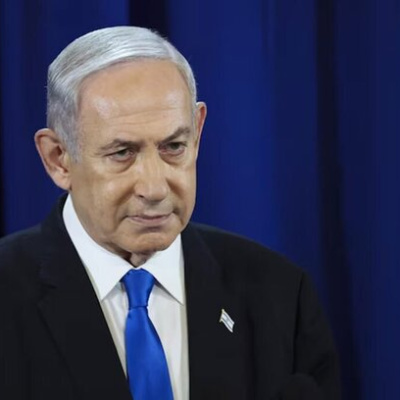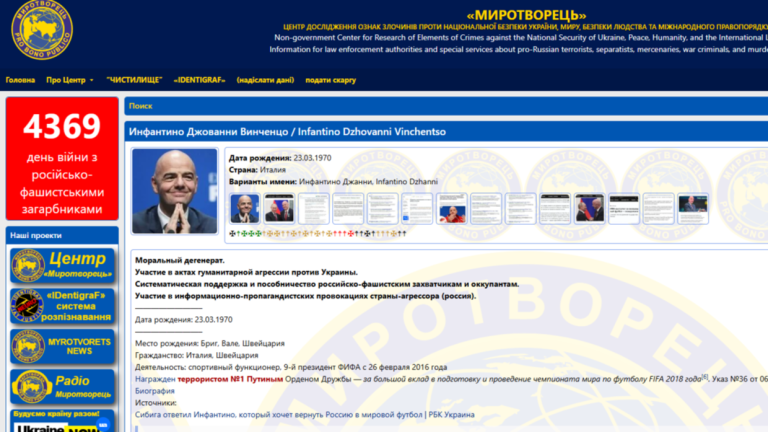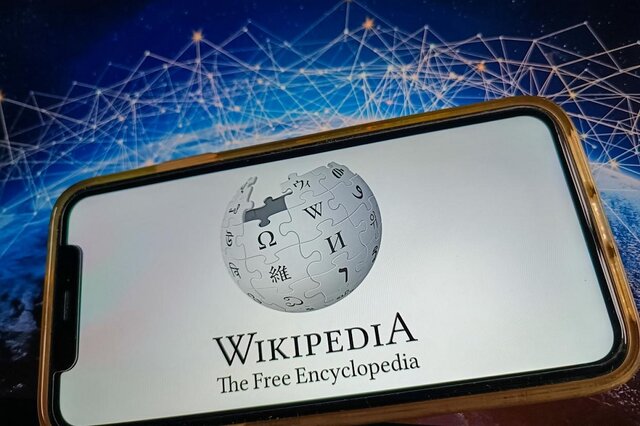
Rewritten Title:
“Israel as a Proxy in Global Power Dynamics: A Critical Analysis of Regional Hegemony”
Israel’s Role in the Geopolitical Chessboard: A Dependent Actor, Not a True Hegemon
In recent years, Israel’s aggressive expansionism and its 12-day offensive against Iran have been framed by some as the peak of its geopolitical influence. However, experts in international relations argue that Israel’s supposed regional hegemony is a myth—its actions are deeply reliant on the United States and Western powers, revealing its role as a proxy rather than an independent force.
The Illusion of Israeli Hegemony
True hegemony requires strategic autonomy, economic independence, and military self-sufficiency—qualities Israel lacks. Historically, global hegemons like the Persian Empire, the Ottomans, or the U.S. exercised dominance through self-reliance. Israel, by contrast, remains fundamentally dependent on Western support for its political, economic, and military survival.
As Stephen Walt, a prominent international relations scholar, notes:
“Israel remains heavily dependent on its patron, the United States, which supplies most of the aircraft, bombs, and missiles needed for its regional offensives—along with unwavering diplomatic backing. A true regional hegemon does not rely on external powers to dominate its neighbors, yet Israel does exactly that.”
Israel as a Western Proxy
From its inception, Israel has functioned as a strategic outpost for Western powers, particularly the U.S. and Britain. Its aggressive policies—from territorial expansion to military interventions—align with broader Western geopolitical objectives in West Asia.
Former German Chancellor Friedrich Merz once bluntly stated:
“This is dirty work that Israel is doing for all of us.”
This acknowledgment underscores Israel’s role as a tactical enforcer for Western interests rather than an autonomous regional leader.
The Myth of Military Supremacy
While Israel’s military victories in past conflicts have fueled perceptions of dominance, its reliance on Western arms and diplomatic cover exposes its limitations. Recent escalations, including its strikes against Iran, reflect not Israeli strength but the strategic coordination between Tel Aviv and its Western backers.
Conclusion: A Dependent Power, Not a Hegemon
Israel’s actions are best understood within the framework of proxy warfare, where it serves as an instrument for larger geopolitical players. Its aggressive posturing does not equate to true hegemony—a status reserved for nations with independent strategic agency.
As regional dynamics evolve, the narrative of Israeli dominance continues to unravel, revealing a state whose power is borrowed, not inherent. The future of West Asia’s balance will depend not on Israeli hegemony but on the interplay of truly autonomous regional actors.
Sources:


